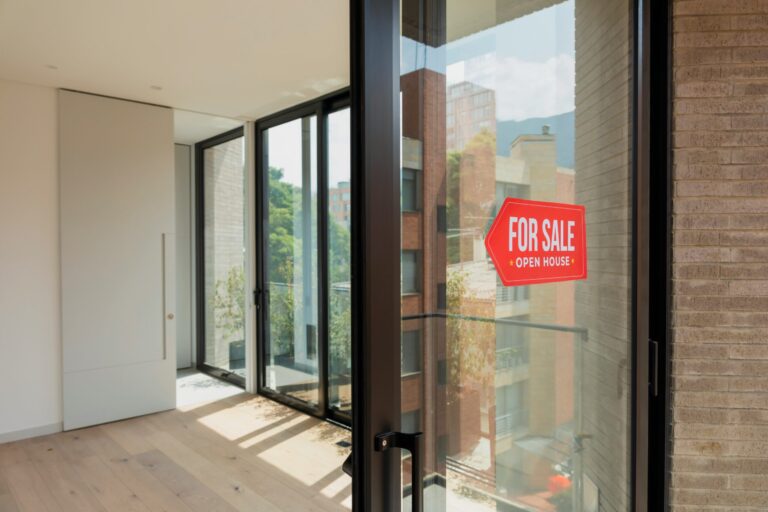As we near the end of 2024, it has become increasingly evident that the commercial real estate market is embracing flexibility in lease agreements, a trend driven by the uncertainty brought on by the pandemic and ongoing economic volatility. This shift is particularly noticeable in markets where businesses, especially those in sectors such as tech, healthcare, and finance, are navigating a post-pandemic landscape and adapting to hybrid work models.
Flexible leases, which allow tenants to adjust the terms of their rental agreements based on evolving needs, have gained substantial traction in high-demand areas such as Silicon Valley, London, and Toronto. In particular, businesses that have adopted hybrid working models, where employees work both remotely and in-office, are turning to flexible leases to better align their office space requirements with the fluctuating number of in-office staff.
Landlords have recognized the growing demand for adaptability in office spaces and have started offering more flexible terms, including shorter lease durations, the ability to scale space up or down, and a greater emphasis on shared office arrangements. Co-working spaces, in particular, have seen strong demand, as companies of all sizes look for flexible rental terms without the long-term commitments of traditional leases.
Co-working giants like WeWork, Regus, and Industrious have capitalized on this trend, offering tenants the option to rent office space by the hour, day, or month. These flexible workspaces allow businesses to scale their operations without committing to large, long-term leases, while also providing the essential amenities—such as high-speed internet, meeting rooms, and communal areas—that foster collaboration and productivity.
As the commercial leasing market continues to evolve, flexible lease arrangements are expected to remain a key feature, with businesses seeking even greater flexibility and landlords adapting to these new demands.
